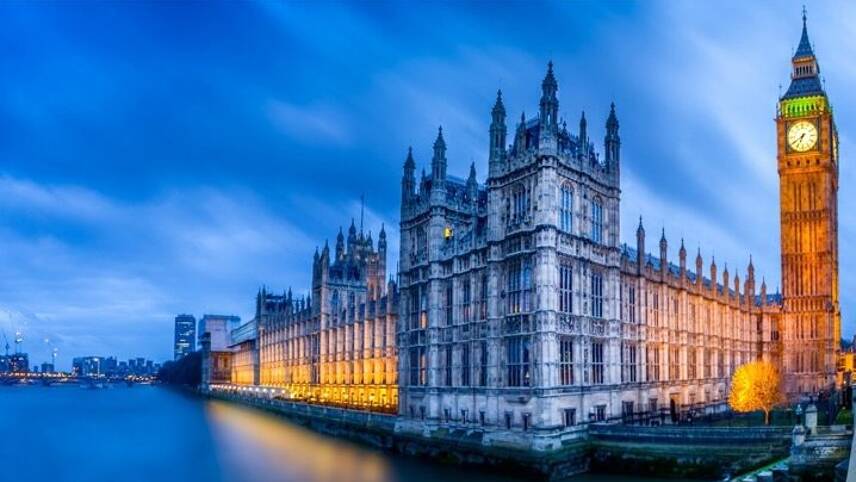Register for free and continue reading
Join our growing army of changemakers and get unlimited access to our premium content

Businesses, NGOs, policy makers and parliamentarians the world over recognise the United Nations Sustainable Development Goals as the key guiding principles for advancing global equality and welfare. At home and abroad, we all understand the importance of delivering our commitments to the SDGs.
But we must recognise that right now, the UK is way off track to achieving these aims.
The SDGs are a call for action by all governments to deliver 17 common objectives which promote prosperity while protecting the planet by 2030. Agreed in 2015, they recognize that ending poverty goes hand-in-hand with strategies that build economic growth and address a range of social needs. That means improving education, health, social protection, and job opportunities, as well as tackling climate change and protecting the environment. More important than ever, the goals provide a critical framework for COVID-19 recovery. The SDGs sit above party politics. They are about the welfare of the nation and ensuring our children live in a better world than the one we experience today.
Halfway along the fifteen-year timeline for delivery, we have serious cause for concern. In the UK’s 2019 Voluntary National Review (VNR) to the UN High-Level Political Forum on progress towards the SDGs, the UK was rightly criticised for poor delivery. We are behind the 64% of countries that have already completed or committed to complete two or more VNRs by July 2023. Togo and Uruguay have already reported for their fourth time.
Three years on, there is little doubt the UK is even further behind on delivering its commitments. According to the United Nations Global Compact Network UK’s Measuring Up 2.0 report, there are gaps or inadequate performance from the UK on 64% of the SDG targets, which are milestones towards meeting a broader SDG. The 2022 report also found 11% of targets had poor or declining performance with little to no policy solution in place.
This shouldn’t be a surprise given the chaotic political environment. Since 2015, the UK has seen over 200 ministers and 5 prime ministers move through government, with more than 90 different Cabinet appointments made during the same period. It has been an impossible environment in which to foster consistent delivery and get to grips with a host of structural issues. But whatever your political persuasion, if we are to improve the lives of UK citizens, these issues must be addressed.
The UK remains one of the most unequal across its peer group and the economy has fallen from the fastest growing G7 to the bottom of the G20. It begs the question: if the UK had been more politically stable over the last seven years and put greater emphasis on delivering the SDGs, would the economy be in a better place and rebounding faster than it is at present?
None of the goals can be ducked and ignored. They are all important to the shared prosperity of the nation and our children’s futures. However challenging it might seem to get the country back on track, it is an endeavour we must not ignore. It’s time to get our collective act together, stop avoiding the issues, roll up our sleeves and deliver. Future generations deserve better. The message from business is not to shy away from delivering our SDG commitments. It is to learn from what is working, to dig deep and accelerate progress.
UN Global Compact Network UK data indicates that the largest UK companies are behind the SDGs. Research by Support the Goals found that the number of FTSE100 companies stating their support for the SDGs had grown from 70% in 2018 to 83% in 2020. More than half of FTSE100 companies have measurable commitments to support the SDGs, and 47% are reporting their progress. 18% of FTSE250 companies made measurable commitments to the SDGs in 2020, but that percentage been increasing.
Leadership is required, which must start with shifting ownership of the SDG framework from the Foreign, Commonwealth and Development Office (FCDO) to the Prime Minister’s office. Being led by the FCDO, which is an inherently international-facing arm of government, gives the impression this is someone else’s problem, when it isn’t. No wonder there are such poor levels of awareness amongst the UK public. In Europe, one in four people are aware of the SDG framework compared to just one in ten in the UK.
Our children deserve better. Aside of the immediate need to improve the quality of people’s lives today, it is ultimately their futures on which we will all be judged.



Corruption is the enemy of prosperity and equality. Tackling corruption is key in ending poverty, both here in the UK and globally.